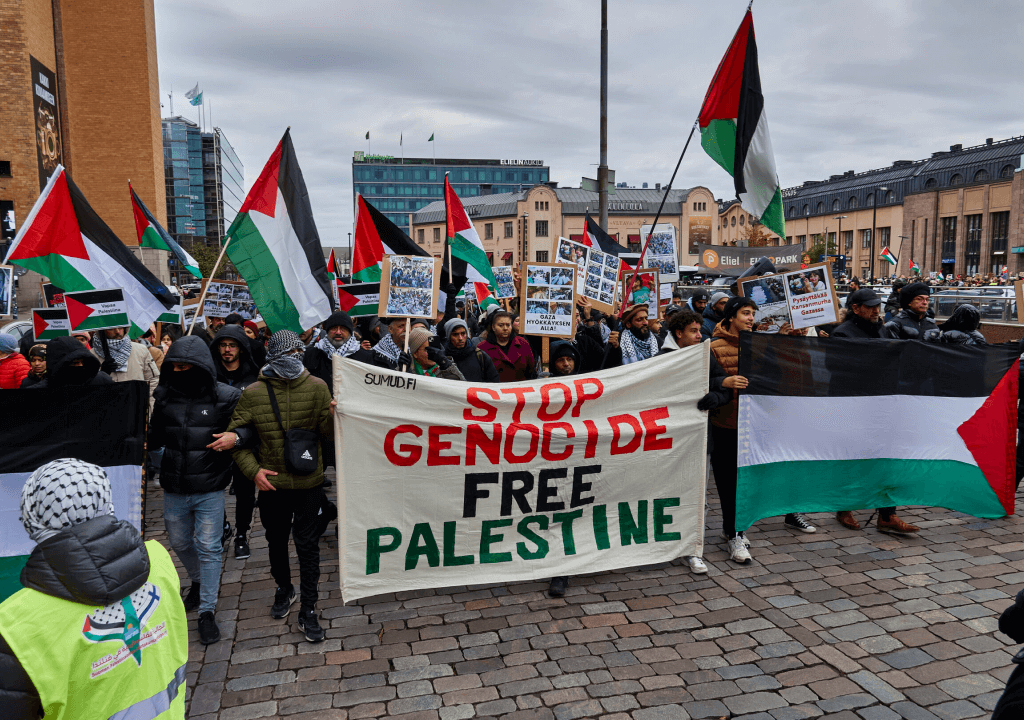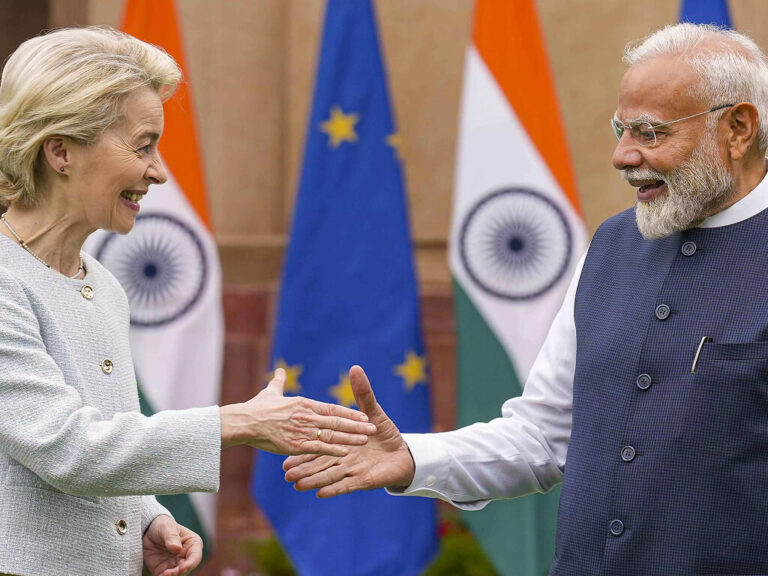Armenia and Israel, countries founded on religious identities, have had a historically strong relationship. Predominantly Christian Armenians and predominantly Jewish modern Israelis have maintained diplomatic relations, and their histories date back centuries. Both nations have experienced persecution under various kingdoms and share many similarities, including suffering from genocides that shocked the world with their cruelty. Many Jews lived in Armenia, and Israel still hosts Armenian Christians and a Jewish diaspora. There is even a quarter dedicated to Armenians in the holy city and disputed capital, Jerusalem.
However, their relationship has not been entirely smooth. There has been reported discontent between the populations regarding each other’s history. Israel’s reluctance to recognize the Armenian genocide and its recent arming of Azerbaijani troops against Armenia have caused friction. Conversely, Israel perceives Armenia as aligning with Palestine and joining Muslims in the effort to establish a free Palestine. The latest development, with modern Armenia recognizing the State of Palestine after 30 years of its formation, is worsening the relationship with Israel.
On July 23, Armenia became the ninth country since April to recognize Palestine as a direct response to the Gaza war. This was a unilateral decision, unlike many other countries. The Armenian Foreign Ministry highlighted that the dire humanitarian situation in Gaza and the ongoing military conflict are key issues on the international political agenda that demand resolution. However, many believe this situation is different.
Despite ties between Armenia and Israel existing since Armenia’s independence from the Soviet Union, their relationship has not been smooth, with many diplomatic issues between the two countries. Tensions worsened significantly following the 2020 Nagorno-Karabakh conflict between Armenia and Azerbaijan. Armenia feels betrayed after losing long-held Armenian heritage cities in Nagorno-Karabakh to Azerbaijan, which received support from Armenia’s long-time rival, Turkey. To exacerbate the situation, Armenia believes that Russia and Israel, the only nearby non-Muslim countries, did not provide sufficient support. Since Russia cannot be targeted, Armenia’s fury is directed towards Israel. In a post-interview, Armenia’s ambassador to Israel, Arman Akopian, stated that Azerbaijan has been utilizing Israeli weapons to bolster its control over Nagorno-Karabakh.
From Israel’s side, they consider Armenia’s relationship with Iran a threat. Political ties between Armenia and Iran are growing increasingly robust, extending beyond typical neighborly relations. Recently, Iranian media reported that Armenia plans to construct a new highway connecting to Iran. Additionally, Armenia has signed an arms deal with India, stipulating that the arms will be transported to Armenia through Iran. In 2023, reports emerged indicating the presence of Iranian soldiers stationed along Armenia’s border with Azerbaijan. Such activities make Armenia a questionable ally for Israel.
Israel believes Armenia’s decision to recognize Palestine as a state reflects underlying antisemitic sentiments within certain segments of Armenian society. There are reports of many Armenians in Israel believing they are considered third-class citizens and that Armenians prefer Muslims over Jews. This recent recognition can also be seen as a deepening relationship between Armenia and Shia countries in solidarity with the Palestinian population. Many anti-Israel social media groups celebrated Armenia’s decision, pointing out that Christians in Palestine are also suffering, emphasizing that it is not solely a Muslim-Jewish issue.
“The Republic of Armenia has joined the resolutions of the UN General Assembly calling for an immediate ceasefire in Gaza”, the Armenian Foreign Ministry stated following the recognition of Palestinian statehood. This move is likely to impact Armenia’s aspirations to join the EU and align with the United States, signaling a shift towards closer relations with Iran and Russia.








